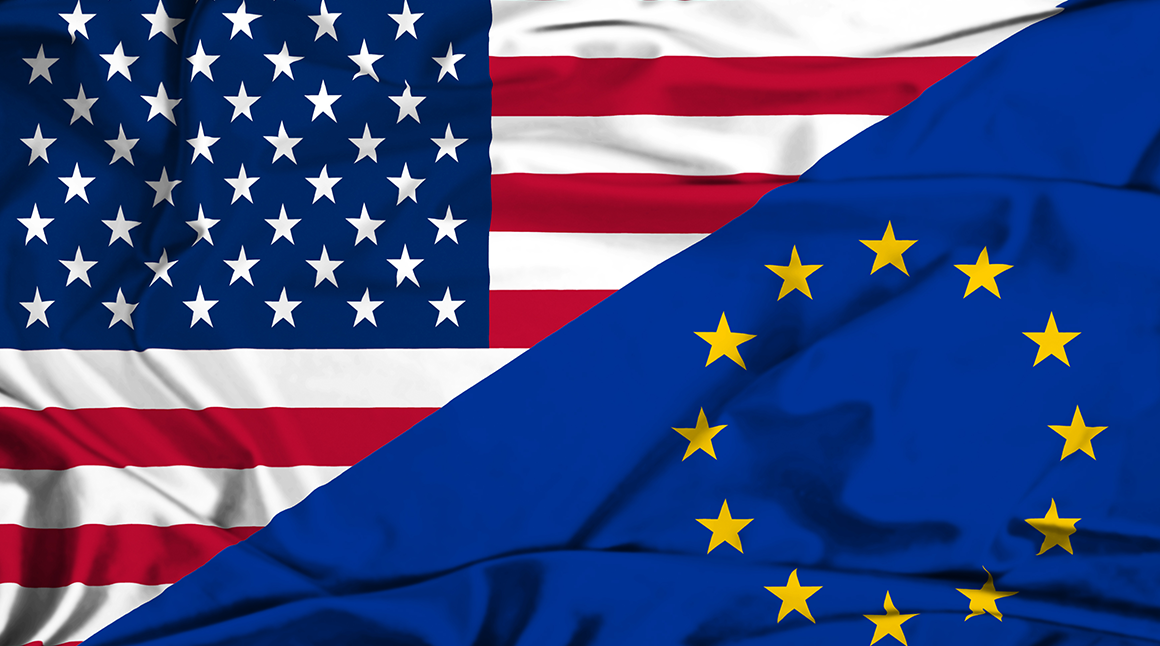Speak to an Expert
admin@eumediation.net
Posted on: August 26th, 2025

by Dr Mike Talbot
Eyebrows are still being raised in some quarters over the content of the US-EU trade deal that was forged in July this year: high tariffs on EU goods, the EU agreeing to invest massively in the US (in outward Foreign Direct Investment), plus the EU importing massive amounts of US energy, and buying vast amounts of US weaponry and defence technology.
Critics are saying that the deal is very one-sided in favour of the US, and that it damages the EU’s economic interests. Others contend that, although the tariffs imposed on imports from the EU are extortionate, they are nevertheless manageable. Plus the EU almost ends its reliance on Russian energy imports, a trade war is averted, and (perhaps through clenched teeth!) Ursula appears happy to let Donald have his Foreign Policy Victory.
Mediators witness all kinds of agreements at the conclusion of the resolution process: in commercial matters, in workplace fallouts, in neighbourhood disputes, and in family battles. Sometimes, one party appears to give more than the other just to make peace; or perhaps one of the participants will spend their time apologising but ultimately will concede nothing materially significant. Does this make for an unfair or one-sided agreement? Can the outcome be said to be win-win if one side appears to have lost?
Ultimately, what we are all about as mediators is making dialogue happen. To quote our own strapline, ‘We get people talking’. Our role is to make sure that the mediation process proceeds fairly and with equity, ensuring that both (or all) sides have an equal opportunity to participate in the process, especially that no coercion or intimidation takes place. And the agreement? Well, that is up to the parties to formulate. The mediator does not dictate the terms of their agreement, make suggestions as to what they might agree, nor apply any judgement to whether the agreement is one-sided or otherwise.
In practice, what we will also do is check in with each side if we felt this was necessary. So, in the event that their draft agreement would appear (to any reasonable person) to include much more concession or acquiescence by one side than the other, we would have a brief private word. So, before the agreement is finalised, we would offer to speak privately with each of them to ensure that they are happy with what is being proposed, that they consider the draft agreement has been arrived at fairly, and they feel free of any coercion or pressure. We cannot stop them agreeing whatever they want to, provided no-one is being put at risk by the agreement, nor any illegal act being proposed. The parties own the agreement. The mediator owns the process.
And as for the EU-US trade deal? Well, if I were the mediator for Donald and Ursula on that one, I would quite likely be having a few private minutes alone with each of them, just to check that they were entering into their deal with eyes wide open, and that they actually wanted to make their agreement there and then. Oddly, at the time of writing the deal has not yet been formalised or made legally binding, so maybe this is not the last we have heard of this one.